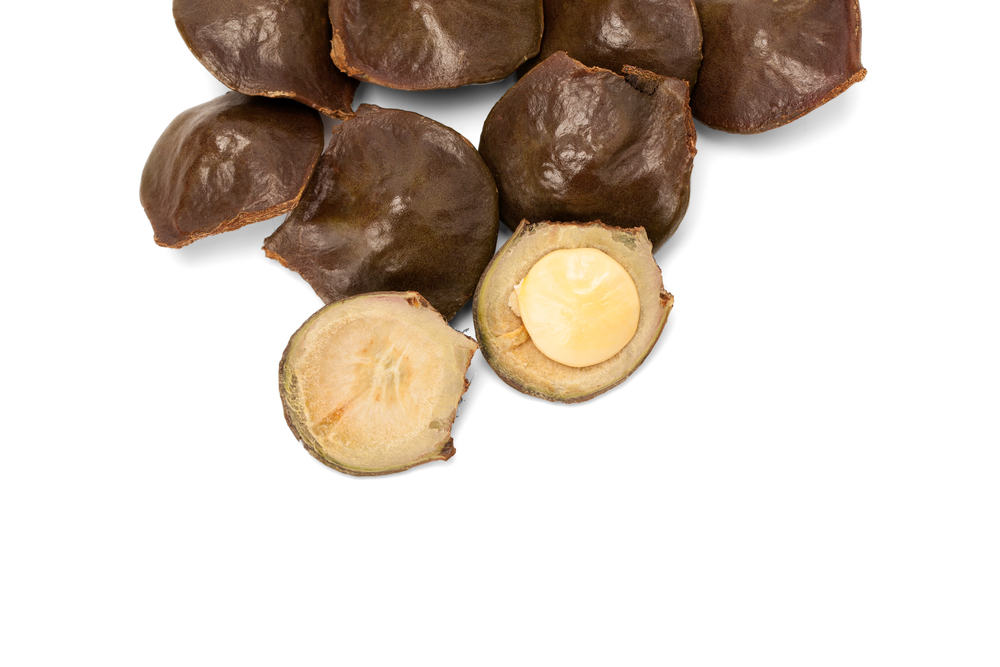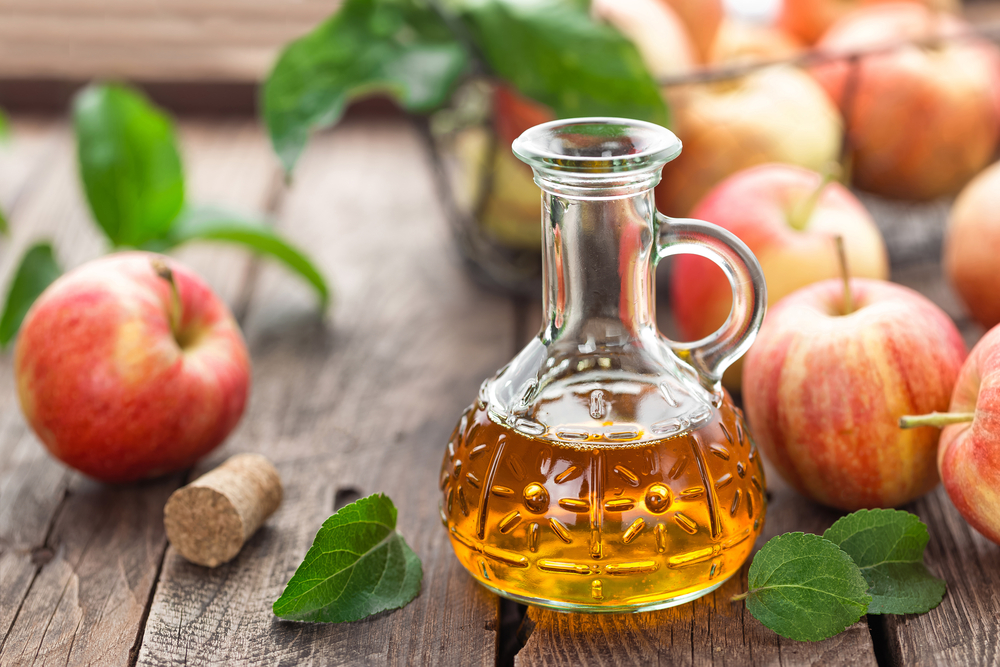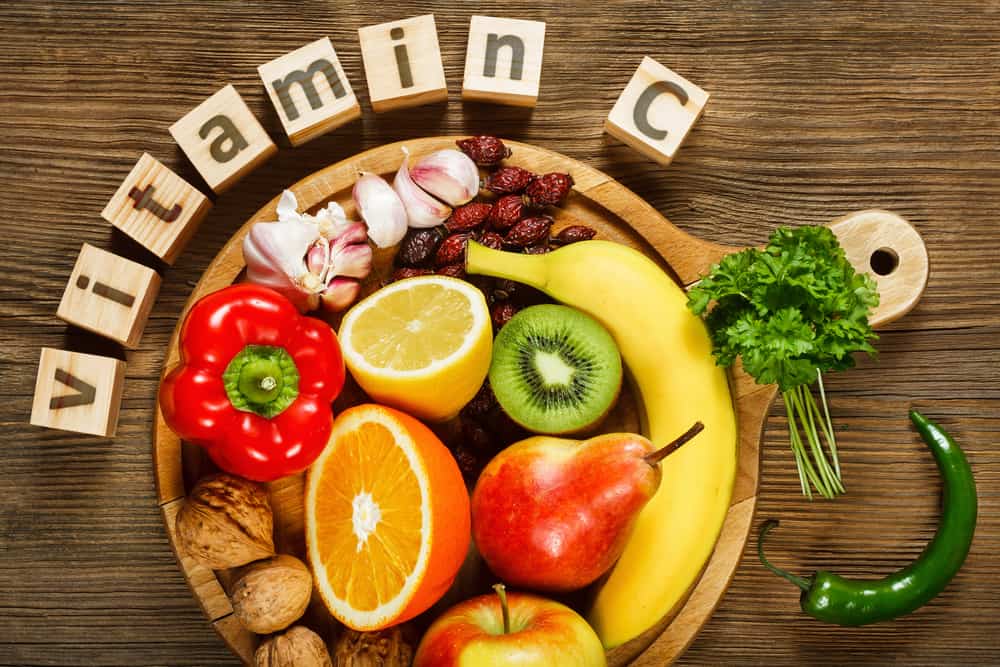Contents:
Medical Video: Indonesian EXTREME smelly food/ Kenapa bule takut makan Jengkol?
If you hear the name Pithecellobium is dry or Pithecellobium lobatum only makes you frown and scratching your head, but as soon as you smell the fragrance of its distinctive bitter, sharp, stinging aroma covering the room, most of you may not think twice about immediately lifting your legs.
Yes, jengkol. The "Levi 'button" favorite of a handful of people is indeed quite controversial. Jengkol fans swear that the bitter smell and the legitimate taste of jengkol are second to none - actually increasing appetite. On the other hand, those who are anti-jengkol eaters often complain of being haunted by traces of the stench left behind from this typical Southeast Asian fruit; in the bathroom, to become a victim of bad breath friends chat.
Why, does the jengkol fruit smell? And, are there just a few nutritional benefits from eating jengkol? Is it true that eating too much jengkol can cause kidney failure, as the ancestors said?
Uncover the nutritional content of jengkol fruit
Not many people know that actually jengkol fruit can be used as an alternative to low-fat and carbohydrate foods. This purple-brown gepeng fruit has a raw carbohydrate content of around 26 percent, relatively lower than other types of beans, such as cowpea, red beans and peas which on average contain around 60-70% carbohydrates. Jengkol only contains 1.8 grams of fat, and is also enriched by vitamins A and B, as well as food, phosphorus, calcium, and iron.
In addition, jengkol is also a good alternative to vegetable protein. The crude protein content in 100 grams of jengkol fruit is estimated to be around 23.3 grams - higher than common cereals such as wheat (13.7 grams) or white rice (6.6 grams) - outperforming the protein content in tempeh (18.3 grams) and know (11 grams) per 100 grams of ingredients.
Is eating jengkol beneficial for health?
Jengkol seeds are usually processed and consumed in the form of chips, stews, balado, rendang, or raw vegetables. Until now, research about the real benefits of jengkol fruit for health is still very limited, but was reported from National Agency of Drug and Food Control, jengkol is commonly used in alternative medicine. The bark of the jengkol plant is believed to be effective in treating toothache, while the leaves are used to treat wounds and scabies. Jengkol fruit is also believed to help patients with diabetes and high blood pressure.
But wait a minute.
There is a connection between jengkol fruit and the risk of kidney failure
In addition to the beneficial nutritional content, jengkol contains an active compound which risks causing poisoning to the audience, namely jengkolat acid. Jengkolat acid is a kind of non-protein amino acid containing sulfur. The role of this element of sulfur makes jengkol have a distinctive sharp odor. The content of jengkolat in jengkol seeds will depend a lot on the variety and age of the seeds. Young jengkol seeds contain relatively less jengkolat acid than older ones. Old jengkol seeds contain 1-2% jengkolat acid from the total weight of the seeds, while the raw seeds (weighing 15 grams) can contain about 0.15-0.30 grams of jengkolat acid.
Jengkolat acid poisoning is a rare condition, but it is an important causative factor for acute kidney failure. In the interior of Borneo, based on a study report from Nur C. Bunawan et al in 2014, reported from NCBI, there were 96 reported cases of jengkol poisoning - the majority of patients recovered with outpatient treatment, but four people were declared dead due to acute kidney failure. One study from Sarawak University, Malaysia in 2007, was reported from Science Daily, reported a patient who complained of colic pain in the left waist, pain during urination, bleeding urine (hematuria), and foul-smelling urine a day after eating jengkol. He also complained of little urine production and the inability to urinate - all showing acute anuric kidney failure.
Jengkolat acid poisoning can occur after eating jengkol whose seeds are still raw or undercooked. This is caused by the jengkolat acid compound which is still in its intact and active form. However, not all connoisseurs of jengkol will definitely experience this poisoning, because the level of a person's sensitivity to jengkolat acid will depend on the condition of his stomach acid, how much jengkol is eaten, or how to cook it.
You jengkol lovers who have high stomach acid conditions will be more at risk of experiencing poisoning. The reason is that jengkolat acid which has a hard-to-dissolve nature in water will crystallize in high concentrations of stomach acid. This crystal can cause blockages in the urinary tract and also in the kidneys, so that in certain severe cases, eating too much jengkol can cause kidney damage. Therefore, jengkolat acid is said to be toxic to the kidneys.
What are the symptoms of eating jengkol poisoning?
Jengkol eating generally will leave a trail of jengkol smell on your breath, mouth and urine. Complaints of symptoms due to poisoning generally occur 5-12 hours after consuming jengkol.
Symptoms that arise can be nausea, vomiting, low back pain, abdominal pain which is sometimes accompanied by vomiting, attacks of colic and pain during urination, dysuria (urinary disorders), and hematuria (blood in the urine). The presence of blood in the urine is caused by a wound in the stomach, urinary tract, even in the kidneys due to being scratched by sharp jengkolat acid crystals.
If symptoms persist, jengkolat acid poisoning can cause acute kidney failure, which is characterized by the oliguri-anuria phase (very little urine outflow), which is then followed by the polyuria phase (very large amounts of urine in a certain period). A urine test in the laboratory can show the appearance of a jengkolat acid molecule in the form of a pointed needle that sometimes clots into a bond. Based on their chemical reactions, acute renal failure due to jengkolat acid poisoning can be juxtaposed with acute gout nephropathy.
How do you treat jengkolat acid poisoning?
Mild jengkolat acid poisoning (low back pain and abdominal colic pain) can generally be managed by increasing drinking water and giving 2 grams of sodium bicarbonate 4 times a day orally until the symptoms gradually subside. Whereas in cases of severe poisoning (oliguria, hematuria, anuria, or not being able to drink), patients need to be referred to the hospital for further medical treatment.
What should be done to prevent kidney poisoning from eating jengkol?
For you lovers of jengkol, you should avoid eating jengkol when the stomach is completely empty, and do not be accompanied by other foods / drinks that are also acidic. Also avoid eating raw jengkol. Cook the jengkol until it is fully cooked so that the jengkolat acid content breaks down and decreases its concentration.
Finally, we know you don't feel able to live without eating jengkol, but don't overdo it. Overdoing is not always better.












